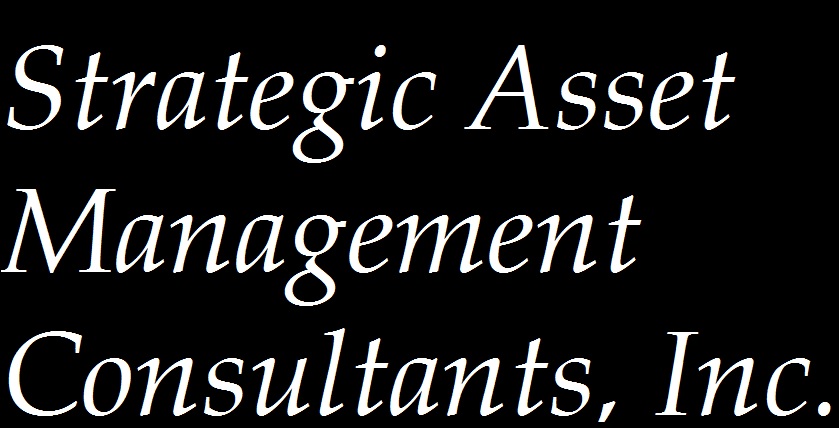Values can help determine goals & a clear purpose.
Some millionaires are reluctant to talk to their kids about family wealth. Perhaps they are afraid what their heirs may do with it.
In a 2015 CNBC Millionaire Survey, 44% of families having at least $1 million in investable assets said that they had not yet told their children about their future inheritance. Another 27% said they had refrained from mentioning it until their children were 30 or older.1
It can be awkward to talk about such matters, but these parents likely postponed discussing this topic for another reason: they wanted their kids to grow up with a strong work ethic instead of a “wealth ethic.”
If a child comes from money and grows up knowing he or she can expect a sizable inheritance, that child may look at family wealth like water from a free-flowing spigot with no drought in sight. It may be relied upon if nothing works out; it may be tapped to further whims born of boredom. The perception that family wealth is a fallback rather than a responsibility can contribute to the erosion of family assets. Factor in a parental reluctance to say “no” often enough, throw in an addiction or a penchant for racking up debt, and the stage is set for wealth to dissipate.
How might a family plan to prevent this? It starts with values. From those values, goals, and purpose may be defined.
Create a family mission statement. To truly share in the commitment to sustaining family wealth, you and your heirs can create a family mission statement, preferably with the input or guidance of a financial services professional or estate planning attorney. Introducing the idea of a mission statement to the next generation may seem pretentious, but it is actually a good way to encourage heirs to think about the value of the wealth their family has amassed, and their role in its destiny.
This mission statement can be as brief or as extensive as you wish. It should articulate certain shared viewpoints. What values matter most to your family? What is the purpose of your family’s wealth? How do you and your heirs envision the next decade or the next generation of the family business? What would you and your heirs like to accomplish, either together or individually? How do you want to be remembered? These questions (and others) may seem philosophical rather than financial, but they can actually drive the decisions made to sustain and enhance family wealth.
Feel no shame in exerting some control. A significant percentage of families seek to define a purpose for transferred wealth. In CNBC’s survey, 32% of parents aged 55 or younger said they were going to specify what their heirs could use their inheritances for, and that was also true for 15% of parents aged 55-69 and 9% of parents aged 70 or older.1
You may want to distribute inherited wealth in phases. A trust provides a great mechanism to do so; a certain percentage of trust principal can be conveyed at age X and then the rest of it Y years later, as carefully stated in the trust language.
This is a way to avoid a classic mistake: giving your heirs too much money at once. In fact, a 2015 Merrill Lynch Private Banking & Investment Group report notes that 46% of high net worth parents share that very concern.2
Just how much is too much? Answers vary per family, of course. In the aforementioned Merrill Lynch survey, 46% of families said that they wanted to avoid handing down the kind of money that would dissuade their heirs from realizing their full potential in their lives and careers.2
By involving your kids in the discussion of where the family wealth will go when you are gone, you encourage their intellectual and emotional investment in its future. Pair values, defined goals, and clear purpose with financial literacy and input from a financial or legal professional, and you will take a confident step toward making family wealth last longer.
Citations.
1 – cnbc.com/2015/07/22/wealthy-parents-fret-over-inheritance-talk-with-kids.html [7/22/15]
2 – bankrate.com/finance/estate-planning/critical-questions-before-leaving-an-inheritance-1.aspx [8/6/15]
